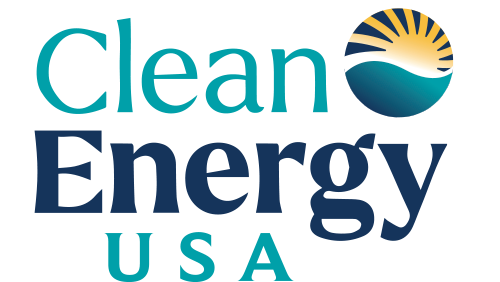
Are Solar Panels Worth It?
Residential solar energy is ever-increasing in popularity for homeowners, due to a number of factors. But do all of those reasons add up to one big advantage that makes the upfront cost worthwhile? To answer that question, we compiled the major benefits of solar energy to determine if your hard-earned money should be put toward a rooftop solar array.
By exploring these possible benefits, homeowners can decide for themselves if they should make the switch to solar.
Monthly Savings
When thinking about installing solar panels, your first question likely relates to your electric bill: “What will be my monthly electric savings?” The answer to this question is often the deciding factor for most homeowners. Your house will still remain connected to the electric grid and you will still receive a monthly bill from your local electrical company. However, solar panels will reduce or eliminate the electricity delivery part of your bill, as well as the supply charge. The only portion solar does not reduce is your customer service charge.
What’s more, with Delaware’s net metering policy, your utility company gives you credit for any excess electricity you send (not sell) back to the grid. When you generate more electricity that you use, you get a credit on your electricity bill—sometimes listed as “Banked KWH”—and this credit is carried forward to your next month’s bill.
Tax Credits
One of the most enticing solar incentives is the Federal Investment Tax Credit (FITC). This tax-based savings delivers back to you, the homeowner, 30 percent of what you paid for solar on your taxes. This isn’t a deduction, which is what happens with any charitable donations you make in a year. Instead, a tax credit directly offsets what you would owe in taxes and can even come back to you as a refund.
Residential solar energy is ever-increasing in popularity for homeowners.
Beyond taxes, many utilities even have grants available that help reduce your out-of-pocket expenses. For example, Delmarva offers up to a $6,000 grant, while DEC offers up to $2,000.
Clean, Renewable Energy
Solar panels are one of the most popular types of clean and renewable energy, which is a form of energy that generates power from a source that cannot be depleted. Thus, solar is a form of renewable energy because it relies on light from the sun, and solar energy is clean because it does not give off any harmful carbon emissions.
What's more, widespread solar adoption can significantly reduce nitrous oxides, sulfur dioxide, and particulate matter emissions from the use of fossil fuels. The more people make the switch to solar, the less air pollution we'll all experience.
Protected Energy Costs
Then there's the protection you get against ever-rising energy costs. Every single year, electricity prices increase across the country. By investing in solar energy, you guard against bearing the brunt of the skyrocketing cost to power your home.
Going solar locks in the price you'll pay for electricity and future-proofs your home—and your wallet—against the inevitable changes in energy policies and costs.
Increased Home Value
Installing solar panels on your roof does indeed increase your home’s value! In the real estate market, solar panels are viewed as upgrades, much like a renovated kitchen or finished bathroom. As such, the installation of solar panels increases home value by approximately $15,000 on average. What’s more, homes equipped with solar energy systems sell for 3.74 percent more than comparable homes without solar energy systems.
The average cost of a solar energy system is close to $12,000 (after federal tax incentives), which means that homeowners can reasonably expect to recoup the cost of hardware when the time comes to sell their home. Keep in mind, that’s on top of the cash savings enjoyed through reduced energy bills and tax incentives that both already pay for the system two-to-three times over during the lifetime of the system.
What Does It All Add Up To?
Solar panels and solar panel systems will save you money and bring a return on your investment in a relatively short time. Increased property values, drastically decreased utility costs, and sizable federal and state tax credits all make solar panels a quality investment plan for homeowners.
FREE DOWNLOAD
Solar Energy Incentives for Residential Customers
Find out how you can save more with Solar Energy Incentives!
Download Now